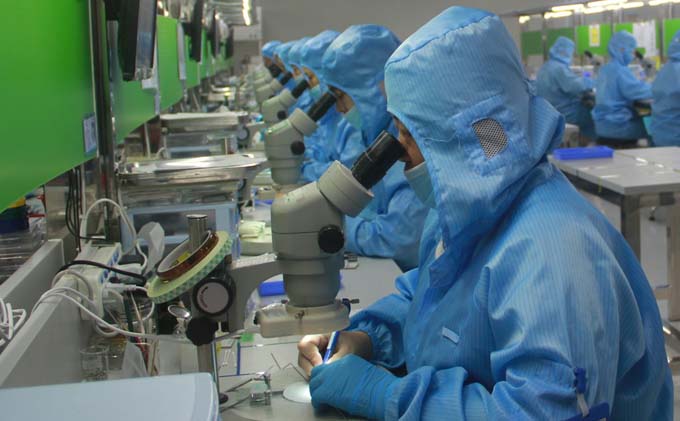Appreciation increases job satisfaction among physicians
A major study conducted by the University of Applied Sciences Northwestern Switzerland FHNW investigated how team and leadership communication affect the job satisfaction of physicians.

A survey conducted by the FHNW of over 1,500 physicians in Swiss hospitals showed that the professional group is particularly challenged in university hospitals and among young physicians in low functional levels. The study illustrates how great the effect of communication is on job satisfaction.
Communication: the most important factor for job satisfaction
The most important finding of the study indicates that positive leadership communication leads to significantly higher job satisfaction and improved well-being among all physicians. Three elements were identified that have a direct impact on job satisfaction: The greatest effect is the tone of communication, which should be as friendly, appreciative, transparent, helpful and equal as possible. It is clear that if the tone is positive, job satisfaction increases significantly. Doctors feel less stressed, are better able to separate private and professional matters and are less afraid to express their opinions.
The information behaviour and the quality of information from superiors have the same effect: If the information behavior is sincere, proactive and trust-building and the information quality is helpful, this significantly increases job satisfaction. In addition to the tone and the information behaviour, the leadership style is important, which should be based on mutual trust and promote intrinsically motivated work.
Young generation demands appreciative tone
Women, assistant doctors and Generation Y doctors are particularly sensitive to the way they communicate. This new generation of physicians, Generation Y1 named, attaches particular importance to an appreciative tone and transparent communication. They appreciate and demand good team and management communication and like to receive feedback, which has a positive effect on their professional and private satisfaction. This is particularly important to note because this generation is particularly dissatisfied in their jobs, often resigned and significantly more stressed than their older colleagues. They often feel very emotionally challenged and often have too little time to do their work carefully. This particularly affects Generation Y women. Doctors of the Baby Boomer generation, chief physicians and doctors working in rehabilitation clinics are the most satisfied.
Source: www.fhnw.ch









